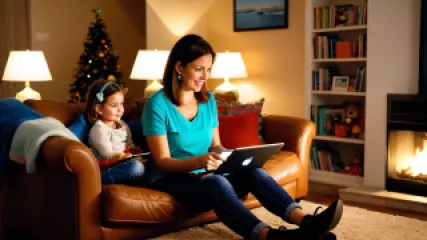My Resilient Journey: Coping with Chronic Illness
1 year ago
Coping with Chronic Illness
Why Are We Superstitious? The Psychology Behind Superstitious Beliefs
1 year ago
Psychology Behind Superstitions
Exploring the Psychological Benefits of Sustainable Living
1 year ago
Psychology of Sustainability
10 Steps to Build Healthy Relationships with Counseling Guidance
1 year ago
Building Healthy Relationships
The 10 Best Parenting Tips for Single Parents
1 year ago
Parenting Tips
Unlocking the Psychology Behind Common Superstitions: A Step-by-Step Guide
1 year ago
Psychology Behind Superstitions
5 Powerful Cognitive Therapy Lessons from the Movie 'Inception'
1 year ago
Cognitive Therapy
5 Steps to Cultivate a Sustainable Mindset for Everyday Life
1 year ago
Psychology of Sustainability
Confronting the Unseen: Why Addressing Panic Attacks Matters
1 year ago
Panic Attacks
10 Tips for Building Healthy Relationships Online
1 year ago
Building Healthy Relationships
Effective Parenting Tips: A Step-by-Step Guide for Online Support
1 year ago
Parenting Tips
Decoding My Personal Journey with Body Language: Unlocking the Power of Nonverbal Cues
1 year ago
Body Language Basics
7 Powerful Lessons from 'The Godfather' to Help Overcome Workplace Bullying
1 year ago
Workplace Bullying
Fostering Patient Trust and Security: A Research Summary
1 year ago
Cultivating Patient Relationships
Mastering Body Language: The Ultimate Guide for Mental Health
1 year ago
Body Language Basics















